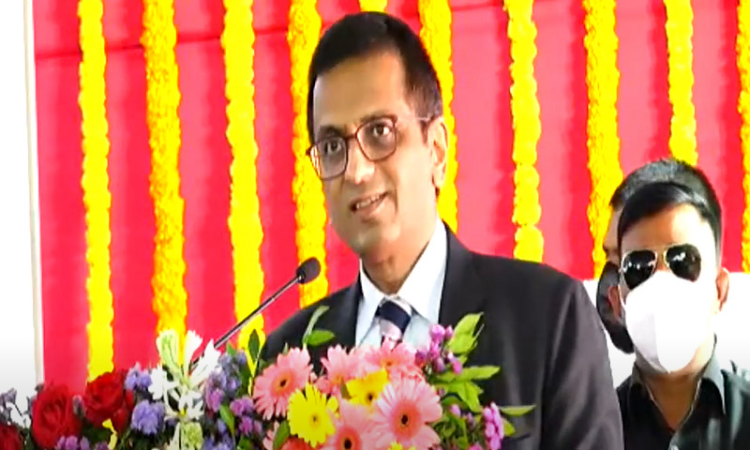"We have formulated live streaming rules so that cases can be live-streamed, the hearings before a court can be live-streamed for the rest of the country. Because I do believe that citizens are entitled to know what goes on in the courts, they are entitled to know why cases are adjourned, whether judges sit from morning to evening in deciding cases. It is the basic right of the citizens to...

